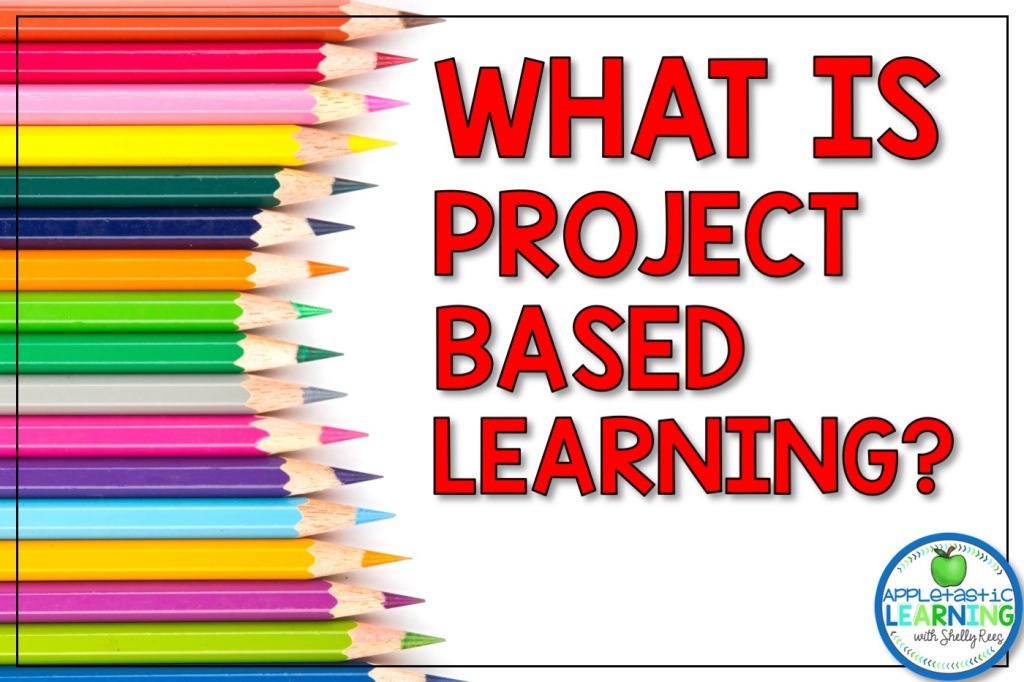In the realm of education, project-based learning (PBL) has gained significant attention and traction in recent years. This approach offers students a unique opportunity to engage deeply with their learning by actively participating in projects that are both meaningful and relevant to real-world contexts. Unlike traditional teaching methods that rely heavily on lectures and tests, project-based learning encourages collaboration, critical thinking, problem-solving skills, and creativity.
One of the key benefits of project-based learning is its ability to foster student engagement. When students are given the freedom to explore topics they are passionate about within a project framework, they become more invested in their own learning journey. This intrinsic motivation drives them to seek out information, ask questions, and develop a deeper understanding of the subject matter at hand.
Moreover, project-based learning allows for authentic assessment opportunities. Rather than relying solely on exams or written assignments, PBL provides students with an opportunity to showcase their knowledge through tangible outcomes such as presentations, prototypes, or even community service initiatives. These assessments not only provide a better measure of students’ abilities but also give them a chance to apply what they have learned in practical ways.
PBL also nurtures important 21st-century skills that are increasingly valued by employers and society at large. Collaboration is one such skill that is naturally developed through group projects where students must work together towards a common goal. Communication skills improve as students present their findings or ideas to peers and teachers alike. Additionally, critical thinking and problem-solving abilities are honed when faced with challenges during the course of a project.
Another advantage of project-based learning is its ability to connect classroom content with real-life experiences. By designing projects around authentic problems or situations from various fields such as sciences, arts or humanities — PBL enables learners to see how academic concepts relate directly to the world outside school walls. This connection helps make education more relevant and prepares students for future endeavors beyond formal education.
Furthermore, project-based learning offers students the opportunity to develop important life skills such as time management, organization, and self-directed learning. With projects often spanning several weeks or even months, students learn to plan their work effectively, meet deadlines, and take responsibility for their own progress. These skills are essential in higher education and future careers where independence and self-motivation are highly valued.
In addition to individual benefits for students, project-based learning can also foster a sense of community within the classroom. Collaborating on a project encourages teamwork and cooperation among peers. Students learn to respect each other’s ideas and opinions while working towards a common goal. This positive social dynamic enhances the overall classroom environment by promoting inclusivity and empathy among learners.
Lastly, project-based learning provides an opportunity for teachers to step into the role of facilitators rather than just instructors. Rather than being the sole source of knowledge in the classroom, teachers guide students through the process of discovery and serve as mentors along their learning journey. This shift empowers students with greater autonomy over their education while allowing teachers to tap into their expertise by providing guidance when needed.
In conclusion, project-based learning offers numerous opportunities for student growth both academically and personally. By engaging in meaningful projects that connect with real-world contexts, students develop vital skills such as critical thinking, collaboration, communication, problem-solving abilities — all while fostering intrinsic motivation for lifelong learning. As this approach continues to gain momentum in educational circles worldwide, it is clear that project-based learning holds immense potential for transforming traditional classrooms into vibrant hubs of active engagement and discovery

Leave a comment